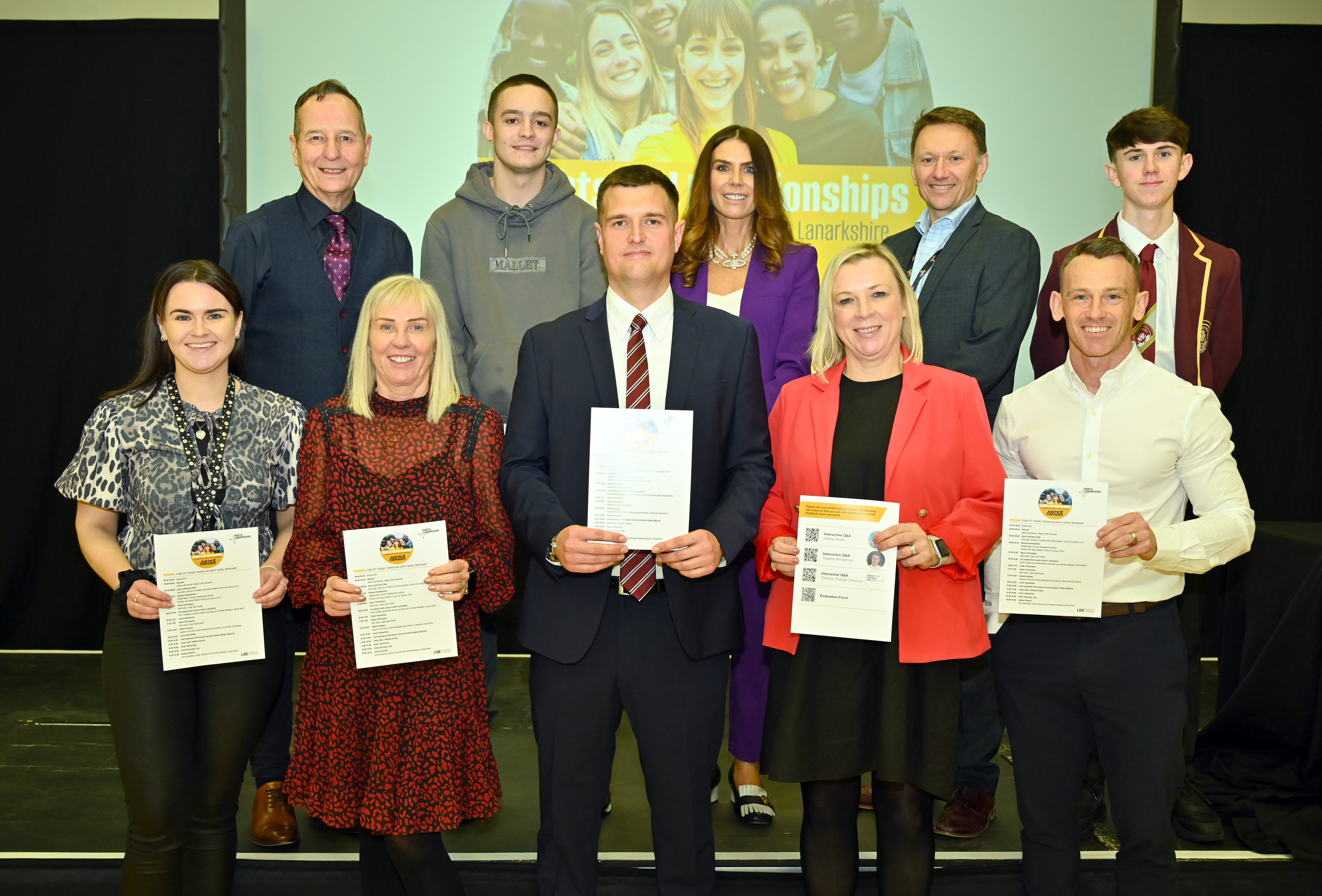This year's Justice Social Work Conference brought together all those involved in youth justice under the theme of “Rights and Relationships.”
With a strong emphasis on rethinking the approaches across Scotland and particularly in North Lanarkshire, the conference addressed significant issues impacting the justice system's youngest and most vulnerable people.
A central focus of the event related to the landmark Children (Care & Justice) Act 2024, with expert insights provided by the Children and Young People’s Centre for Justice (CYCJ).
This transformative legislation champions the rights of children by promoting care-based alternatives over imprisonment, aiming to keep young people out of prison and instead provide them with supportive environments.
Andrew Gillies, Senior Education and Families Manger (Social Work) in North Lanarkshire said: “It was great to welcome everyone to the conference, which looked at ways in which we can strengthen our rights respecting approach for young people and their families here in North Lanarkshire.
“The conference underscored the dedication of social workers and partner agencies, whose daily efforts are essential to promoting positive change for young people in conflict with the law.
“By fostering environments that respect rights and nurture relationships, Scotland’s Youth Justice community is setting the foundation for a more equitable, compassionate approach to youth justice.”
Fiona Dyer, representing CYCJ, highlighted the importance of the Act and trauma-informed practices that respect children’s rights and safeguard their wellbeing.
An essential element of the conference was recognising the lived experiences of those directly impacted by the justice system.
Author Graeme Armstrong, an ambassador for The Hope Collective and a recent recipient of Granta’s "Best of Young British Novelists" honour, shared his experiences of growing up in North Lanarkshire, reflecting on the realities of youth violence and the need for compassionate, informed responses.
Armstrong called on attendees to rethink traditional perceptions of justice and to understand the underlying issues young people face.
Noel Quinn, a pupil at Taylor High School entertained the conference delegates with a musical performance.
Another poignant contribution came through the Creative Change Collective, which presented a young person's story through the creative arts, illustrating the human side of justice and inviting the audience to empathise with the challenges these individuals face.
The conference reinforced the necessity of diverting young people from the justice system through collaborative, trauma-informed approaches.
This means crafting systems that protect children's rights, offer meaningful alternatives to punitive measures, and engage youth in their own rehabilitative journeys.
The event concluded with a panel discussion including Sheriff Paul Haran, one young person, a children’s reporter and senior social workers addressing key issues facing young people in conflict with the law.
The group shared ideas on refining practices to better serve these youth, with an emphasis on improving collaboration among social workers, legal professionals, and partner agencies.
